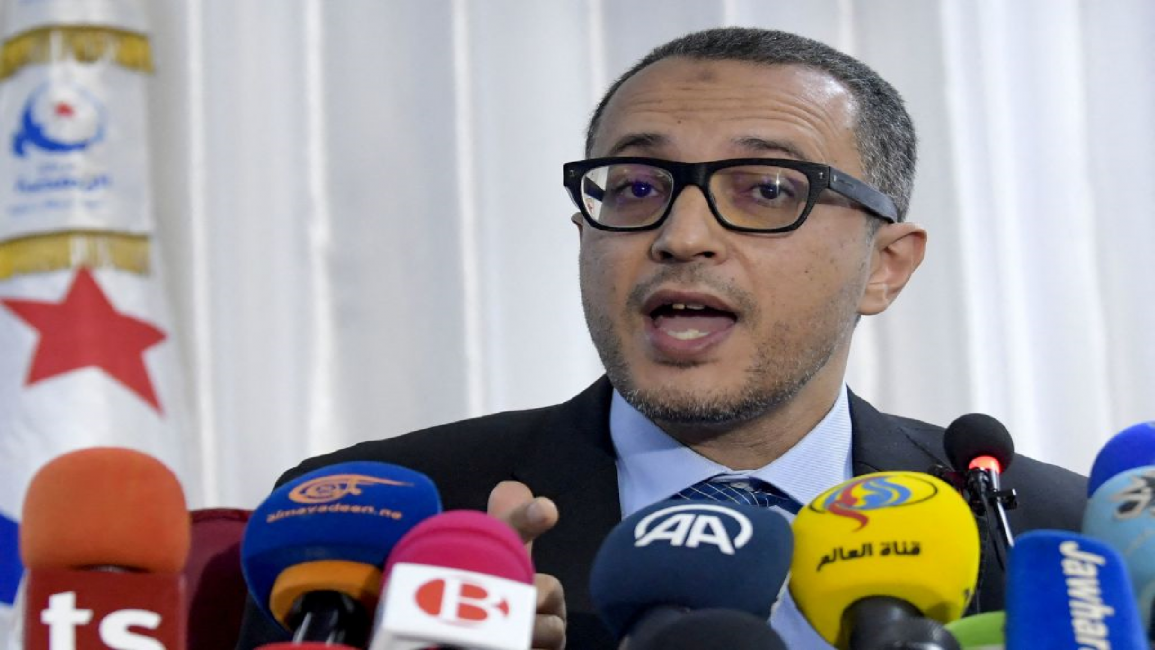Tunisia's Ennahda party protests 'defamation' campaign
Islamist-inspired Ennahda, the biggest party in Tunisia's suspended parliament, said Monday it was facing an orchestrated "defamation" campaign aimed at shutting it out of national politics.
Ennahda has been locked for months in a showdown with President Kais Saied, who on July 25 froze the legislature, sacked the Ennahda-backed government and seized a wide range of powers.
That came after months of economic and health crises that many Tunisians blame on a string of governments dominated or supported by Ennahdha since the North African country's 2011 revolution.
For some politicians, "Ennahda is the party that needs to be attacked by whatever means", Sami Triki, an advisor the movement's head and parliament speaker Rached Ghannouchi, told journalists.
"Suddenly, after July 25, the last decade has (been portrayed as) one of ruin," he added.
"The aim of this defamation campaign... is to exclude us and use state bodies to keep us out of politics."
Ennahda, an outlawed opposition movement under dictator Zine El Abidine Ben Ali, has been part of, or backed, every coalition behind a string of short-lived governments since his ouster in the revolution.
The movement has condemned Saied's July power grab as a "coup d'etat" that puts Tunisia's democratic transition in danger.
It has warned that Saied, who in October moved to rule by decree, was attempting to install a new autocracy.
Saied has repeatedly said, without naming it directly, that Ennahda will "never return" to power.
Its vice-president Ali Laaryadh said: "There are those who believe in exclusion... That won't take the country forward, and it represents a danger for democracy."
Laaryadh, who was prime minister from March 2013 to November 2014, accused unnamed officials of using state bodies and "attempting to pressure the judiciary" to keep Ennahda out of politics.



